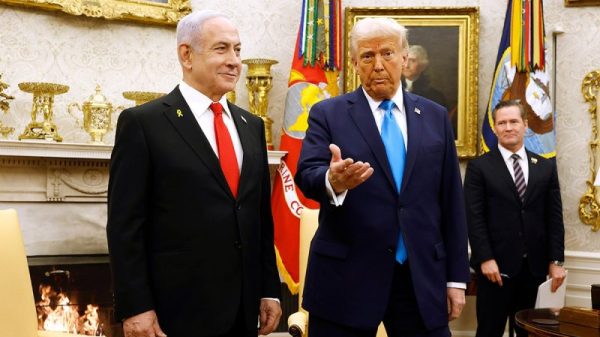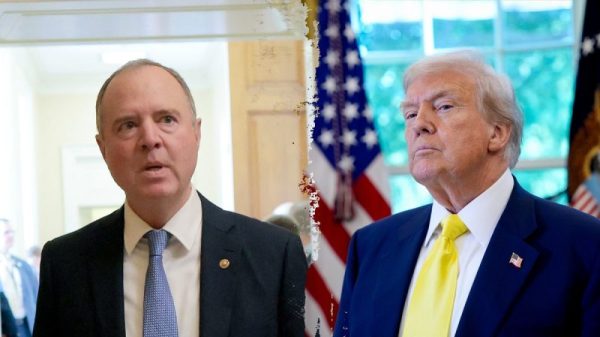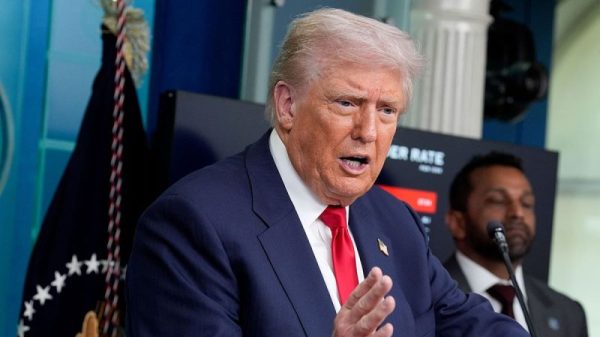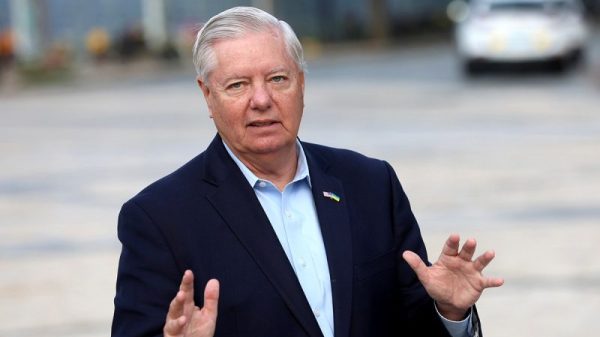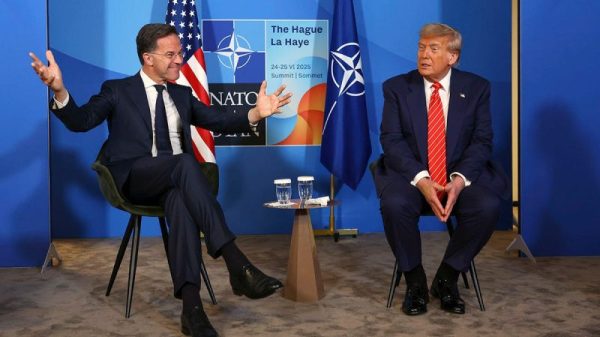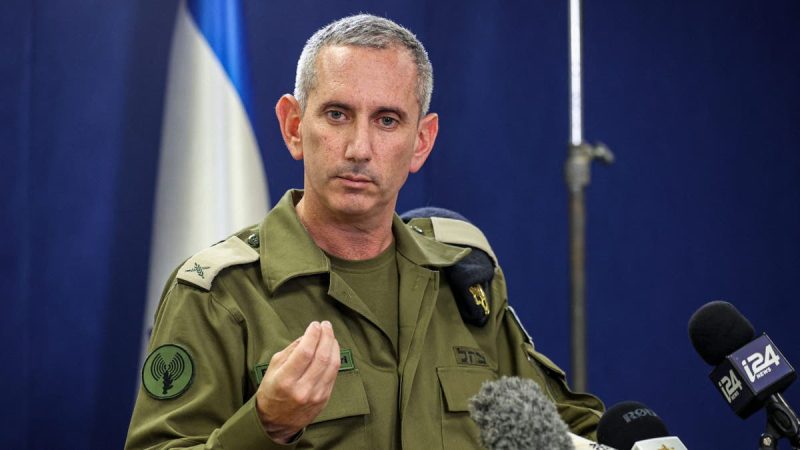War-Torn Regions Have Keen Interest in US Elections
The United States, known for its global influence, economic power, and military might, holds significant sway over international affairs. Consequently, nations across the globe closely monitor U.S. elections to anticipate the future direction of U.S. foreign policies and engagements. Among those with a particularly keen interest in U.S. elections are war-torn regions, where the outcomes of the elections can have profound implications for ongoing conflicts, peace-building efforts, and overall stability.
War-torn regions have a vested interest in U.S. elections due to the potential impact on foreign aid and military interventions. The United States is a major provider of foreign aid and military support to countries grappling with conflict and instability. For nations embroiled in war, U.S. assistance can be crucial in addressing humanitarian crises, rebuilding infrastructure, and enhancing security measures. Therefore, changes in U.S. leadership resulting from elections can significantly alter the level and nature of support provided to war-torn regions.
Moreover, U.S. foreign policy decisions, including military interventions and diplomatic initiatives, play a significant role in shaping the geopolitical landscape of conflict-affected areas. The stance of the U.S. government on issues such as intervention in civil wars, support for peace processes, and engagement with warring factions can have far-reaching consequences for the dynamics of conflicts in war-torn regions. As such, political transitions following U.S. elections can either exacerbate or ameliorate ongoing conflicts, depending on the priorities and strategies of the incoming administration.
The U.S. also plays a key role in mediating conflicts and brokering peace agreements in various parts of the world. War-torn regions often look to the U.S. as a mediator or facilitator in peace negotiations due to its diplomatic influence and perceived neutrality. Consequently, shifts in U.S. foreign policy resulting from elections can impact the prospects for peace and reconciliation in conflict-affected areas. Changes in U.S. leadership can either reinvigorate peace efforts or disrupt existing agreements, thereby influencing the trajectory of conflicts in war-torn regions.
Furthermore, the rhetoric and messaging of U.S. political candidates regarding international relations and security issues can shape perceptions and attitudes in war-torn regions. Statements made by political leaders during election campaigns can fuel hopes or fears among populations affected by conflict, influencing their expectations and behaviors. Consequently, the outcomes of U.S. elections can have a psychological impact on individuals living in war-torn regions, shaping their views on the potential for peace, stability, and security.
In conclusion, the interest of war-torn regions in U.S. elections is rooted in the recognition of the profound impact of U.S. foreign policies on the dynamics of conflicts and peace-building efforts. As a major global player, the United States wields significant influence in shaping the course of international affairs, including in regions beset by war and turmoil. Thus, the outcomes of U.S. elections are closely watched and analyzed by nations grappling with conflict, as they anticipate the implications for their own futures and the prospects for peace and stability.





















